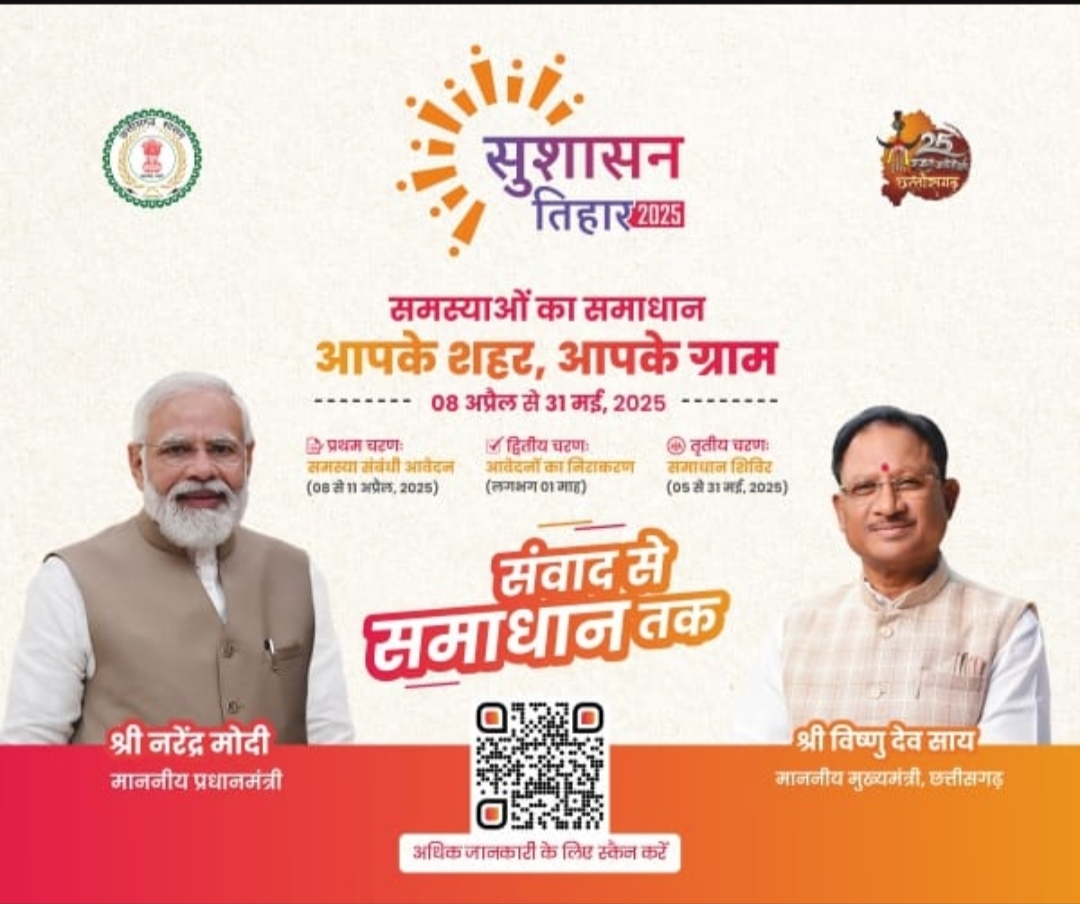In this essay, we define care and support received given that product and assistance that is practical psychological help directed at ladies throughout maternity, mainly through affective ties. The help for the partner plays a crucial role [ 1 , 4 , 29 ], including in a woman’s choice to help keep the maternity, as described in several studies around Africa [ 16 , 21 , 27 , 30 ]. We explore just what pregnant females perceive and encounter as care and help, with data illustrating the value for pregnant women of getting a network of men and women in order to deal with different stressors that arise during pregnancy.
Techniques
Learn setting and design
. The analysis had been nested in a bigger research study on event HIV in expectant mothers and intimate danger behaviours and techniques in metropolitan Southern Africa (Pregnancy and HIV research). This, in change, had been nested in a bigger cohort that is prospective, the Soweto First 1000 Days Study (S1000) [ 31 ], which accompanied females and their babies for approximately two years after distribution at Chris Hani Baragwanath Hospital. S1000 registers females in to the scholarly research before or at 20 months’ gestation, no matter their HIV illness status, and thus includes women that are HIV positive during the time of conception. In comparison, the Pregnancy and HIV Study selected women that had been HIV negative at entry. Ladies were tested for HIV 12 months following the initial ensure that you later at each antenatal see until delivery. ladies in the study we report right here had been recruited through the Pregnancy and HIV learn, and thus were all HIV negative during the time of our first interactions. A life history approach ended up being used with people who consented to engage, as elaborated below, to explore their experiences of being pregnant and behaviour that is sexual maternity, with each girl encouraged to narrate essential life activities from her very own perspective [ 32 ]. As time passes, lots of the females seroconverted, either due to the fact test that is original to identify these were currently contaminated, or due to contamination obtained during maternity. In this essay, we draw on narrative interviews with 15 women that are pregnant if they first enrolled in to the bigger research and had been HIV negative. No individuals acquired an HIV disease during the program of our research. This had the benefit of enabling us to pay attention to senior sizzle profile tensions across the maternity and effective relationships, independent of HIV status.
Information collection
Numerous interviews had been carried out during women’s pregnancies between July and October 2015, at someplace where both the researcher plus the individuals had been comfortable, that is, a healthcare facility or perhaps the house of an offered participant. An interview that is initial the termination of the very first trimester supplied us with a broad comprehension of the woman’s life history and enabled the interviewer (very first writer) therefore the participant to determine a relationship of general trust and comfort [ 33 , 34 ]. An extra meeting, carried out at the conclusion of the next trimester, aided to clarify conditions that emerged in the 1st meeting while centering on the woman’s current intimate relationship(s) and behaviour that is sexual. Last interviews, maybe not included right here, had been carried out after distribution to explore alterations in intimate behavior and practices; by this time, two ladies had HIV seroconverted. All interviews had been carried out because of the very first writer in English, seSotho or isiZulu, languages by which she actually is fluent. Frequently individuals relocated between these languages, as it is characteristic when you look at the research area. Each meeting took between 20 and 96 min, and all sorts of had been audiotaped, transcribed, and translated verbatim (into English, as required). All individuals were aged 18 years and above.
Information analysis
A approach that is thematic developing main codes, subordinate codes, and categories ended up being utilized to steer the analysis associated with the information, with interviews analysed inductively [ 34 ]. Showing one of many talents with this approach, information collection and analysis happened simultaneously to share with subsequent data collection [ 34 , 35 ]. Initially, each narrative ended up being read and reread and coded freely for content. Because of the continued rereading regarding the narratives, theoretical coding ended up being introduced as an additional action, with codes grouped into growing themes. The appearing themes had been developed through analysing their salience within and among meeting records. Coding ended up being validated by the coauthors, and, whenever codes were inconsistent or irregular, opinion ended up being reached after reanalysing the codes. Table A1 in the Appendix provides an illustration of just how these groups had been formulated.



